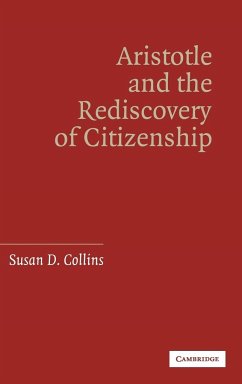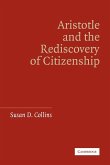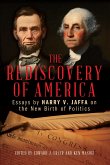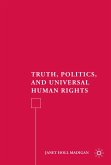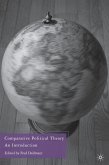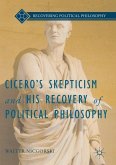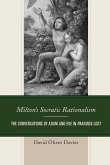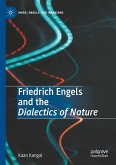Confronts a question central to political philosophy and contemporary political theory: what is a citizen?
Aristotle and the Rediscovery of Citizenship confronts a question that is central to Aristotle's political philosophy as well as to contemporary political theory: what is a citizen? Answers prove to be elusive, in part because late twentieth-century critiques of the Enlightenment called into doubt fundamental tenets that once guided us. Engaging the two major works of Aristotle's political philosophy, his Nicomachean Ethics and his Politics, Susan D. Collins poses questions that current discussions of liberal citizenship do not adequately address. Drawing a path from contemporary disputes to Aristotle, she examines in detail his complex presentations of moral virtue, civic education, and law; his view of the aims and limits of the political community; and his treatment of the connection between citizenship and the human good. Collins thereby shows how Aristotle continues to be an indispensable source of enlightenment, as he has been for political and religious traditions of the past.
Review quote:
"Her opening chapter offers a thorough, fair, and well-argued description of recent
debates among political theorists about the nature of liberal citizenship, in particular liberalism's (in)ability adequately to describe the relationship between the individual and the community and to delineate and defend a set of public liberal virtues distinct from a private realm of freely chosen values." Peter C. Meilaender, Houghton College
Table of contents:
Introduction: the rediscovery of citizenship; 1. Liberal citizenship and Aristotle's Ethics; 2. Citizen virtue and the longing for the noble; 3. Justice as virtue; 4. Prudence, the good citizen, and the good life; 5. Citizenship and the limits of law; 6. Political wit and enlightenment; Conclusion: Aristotle and the rediscovery of citizenship.
Hinweis: Dieser Artikel kann nur an eine deutsche Lieferadresse ausgeliefert werden.
Aristotle and the Rediscovery of Citizenship confronts a question that is central to Aristotle's political philosophy as well as to contemporary political theory: what is a citizen? Answers prove to be elusive, in part because late twentieth-century critiques of the Enlightenment called into doubt fundamental tenets that once guided us. Engaging the two major works of Aristotle's political philosophy, his Nicomachean Ethics and his Politics, Susan D. Collins poses questions that current discussions of liberal citizenship do not adequately address. Drawing a path from contemporary disputes to Aristotle, she examines in detail his complex presentations of moral virtue, civic education, and law; his view of the aims and limits of the political community; and his treatment of the connection between citizenship and the human good. Collins thereby shows how Aristotle continues to be an indispensable source of enlightenment, as he has been for political and religious traditions of the past.
Review quote:
"Her opening chapter offers a thorough, fair, and well-argued description of recent
debates among political theorists about the nature of liberal citizenship, in particular liberalism's (in)ability adequately to describe the relationship between the individual and the community and to delineate and defend a set of public liberal virtues distinct from a private realm of freely chosen values." Peter C. Meilaender, Houghton College
Table of contents:
Introduction: the rediscovery of citizenship; 1. Liberal citizenship and Aristotle's Ethics; 2. Citizen virtue and the longing for the noble; 3. Justice as virtue; 4. Prudence, the good citizen, and the good life; 5. Citizenship and the limits of law; 6. Political wit and enlightenment; Conclusion: Aristotle and the rediscovery of citizenship.
Hinweis: Dieser Artikel kann nur an eine deutsche Lieferadresse ausgeliefert werden.

